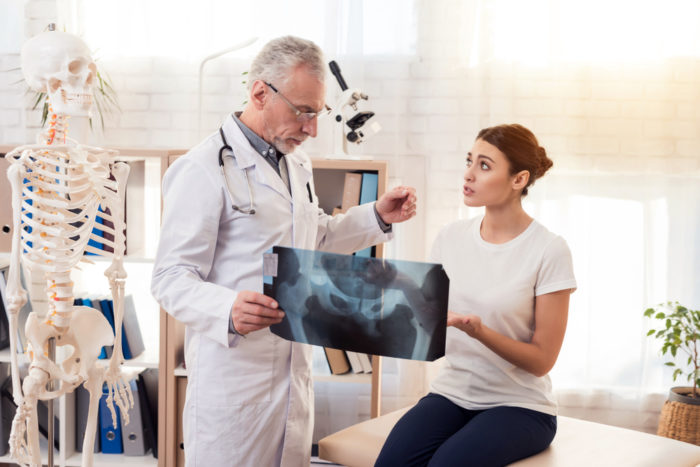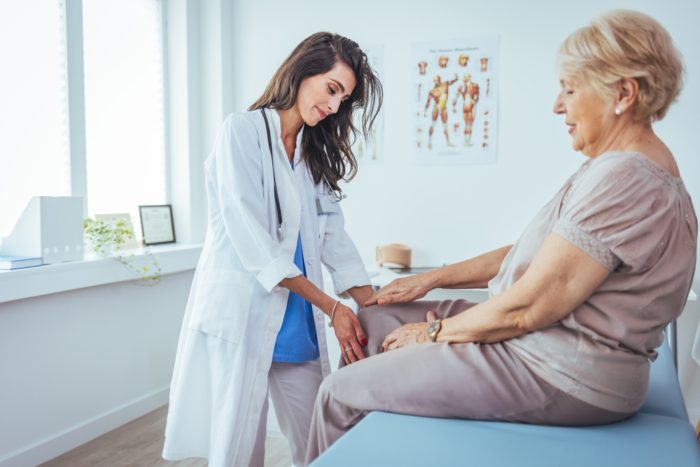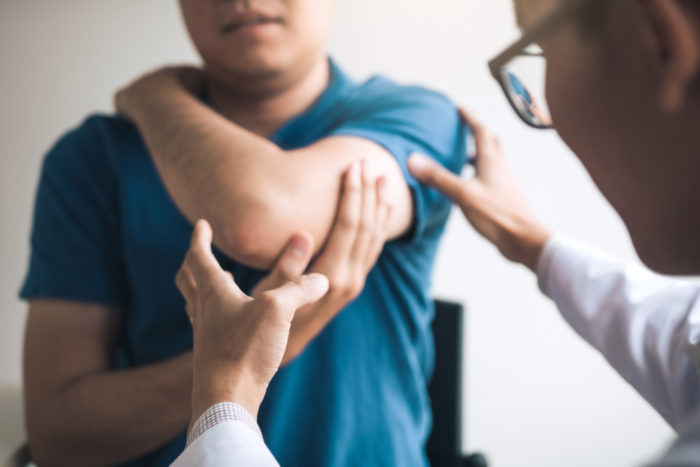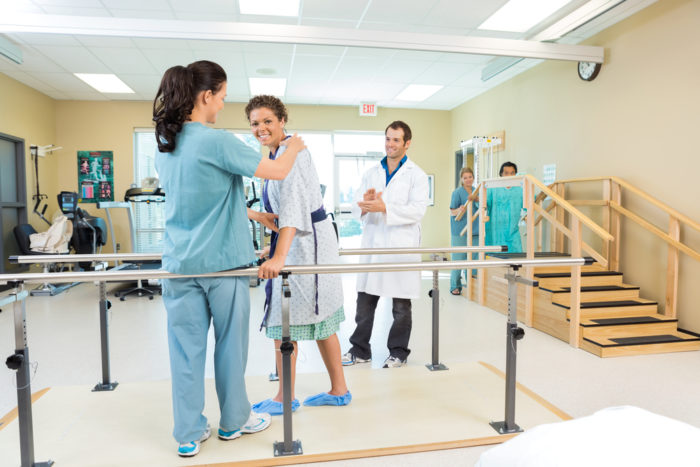The average lifespan of a powerlifter is the same as the average lifespan of a regular human being. Although powerlifting may offer health benefits, there is no research supporting the fact that powerlifting alone increases or decreases your lifespan.
There are plenty of free program templates online that may be a great place to start. However, for the most optimal strength gains, it may be important for you to hire a powerlifting coach. Templates are great and provide structure,…
A powerlifting hypertrophy program involves lifting at high volumes and rep ranges to stimulate muscular hypertrophy. Some coaches do not separate hypertrophy programs from strength programs. Certain rep ranges are not necessarily mutually exclusive to hypertrophy or strength, as commonly…
Yes, lifting weights is a part of physical therapy. Pain and movement dysfunction may stem from weakness in particular muscle groups. Lifting weights is how we get stronger and may be your ticket to getting out of pain.
It is never too old to start powerlifting. Powerlifters range in age from 8 years old to 80+ years old. Some of the best powerlifters in the world peak in their mid- to late-30s.
Yes, joint replacement is considered major surgery. It is a significant medical procedure that involves replacing a damaged or diseased joint with a prosthesis. The most common joints for replacement are the knee and hip, but other joints, such as…
Replacing a joint through joint replacement surgery can significantly alleviate the symptoms of arthritis, including pain and impaired mobility. However, you must understand that joint replacement surgery does not cure arthritis. Arthritis is a chronic condition characterized by inflammation and…
The most common complication after joint replacement surgery is infection. While joint replacement surgeries are generally safe, infections can occur in and around the joint, leading to serious complications and potentially requiring additional treatment. Infection can happen during or after…
The ability to walk up stairs after hip replacement surgery varies from person to person and depends on several factors, including the individual's overall health, the type of surgical approach used, the extent of joint damage, and their commitment to…
After hip replacement surgery, different patients may experience varying levels of discomfort and pain. However, the most common sources of pain in the immediate post-operative period include: Surgical Incision Pain: During the hip replacement procedure, surgical incisions can cause pain…









